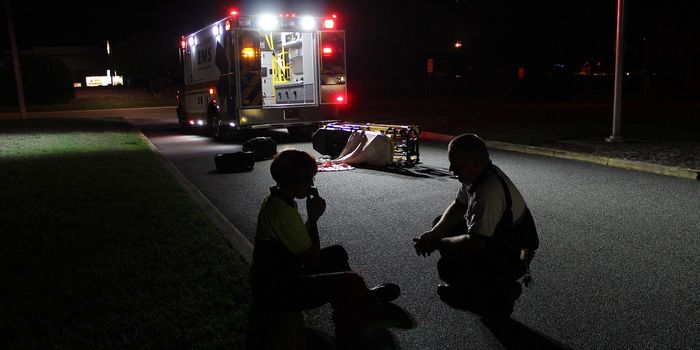Exercise Combats Cancer and Heart Disease
A new study published in Prostate Cancer and Prostatic Diseases has shown that a single session of high-intensity interval exercise elevates levels of anti-cancer proteins in patients with advanced prostate cancer at sufficient quantities to suppress tumor growth.
The study included nine patients with advanced metastatic prostate cancer. Their average age was almost 68 years, and the average time since their diagnosis was 36 months. Study participants undertook one 34-minute high-intensity interval training session on a stationary bicycle, and blood samples were collected immediately before and after the session as well as 30 minutes after the session.
The blood samples collected immediately after the exercise session showed significantly elevated levels of anti-cancer proteins called myokines. In vitro, these elevated levels of myokines suppressed prostate cancer cell growth by about 17%. After 30 minutes, myokine levels returned to baseline levels. One of the study’s authors stated that he considered this a “breakthrough moment” that will help clinicians understand why patients who exercise show slower cancer progression and longer survival after diagnosis.
In addition to its beneficial effects on cancer, exercise is one of the top methods of preventing and improving heart disease. The American Heart Association recommends that adults aim for at least 150 minutes of moderate physical activity or 75 minutes of vigorous physical activity per week. Any amount of exercise is better than none, and even small steps like resolving to sit for less total time throughout the day can improve your health outcomes. Inactivity and sedentary lifestyles have been linked to heart disease, obesity, type 2 diabetes, cancer, dementia, early death, and more. To improve your health and lower your risk of serious disease, aim to sit less and move more, with bouts of both moderate- and vigorous-intensity movement incorporated throughout the week.
Sources: Prostate Cancer and Prostatic Diseases, Science Daily, AHA








